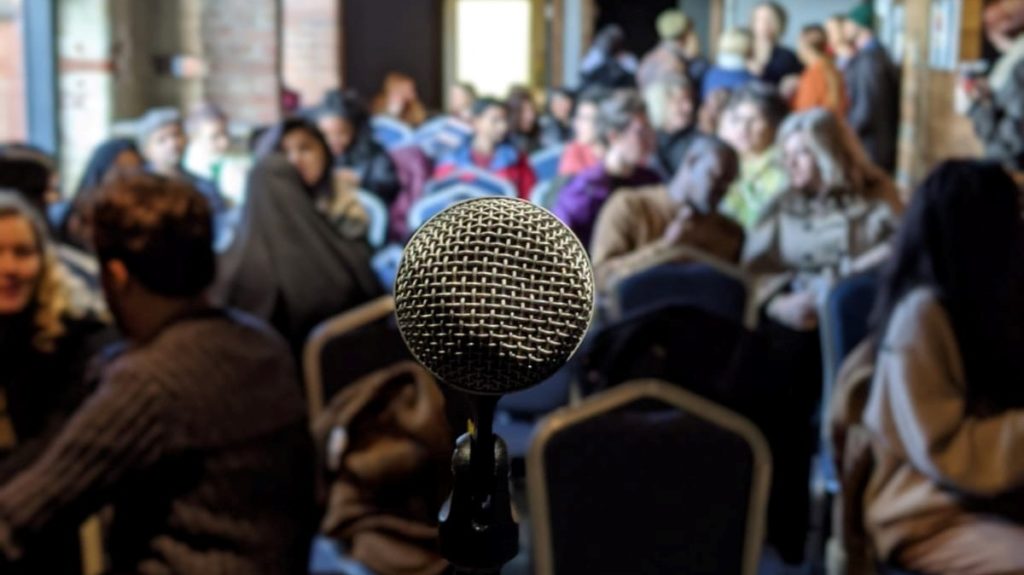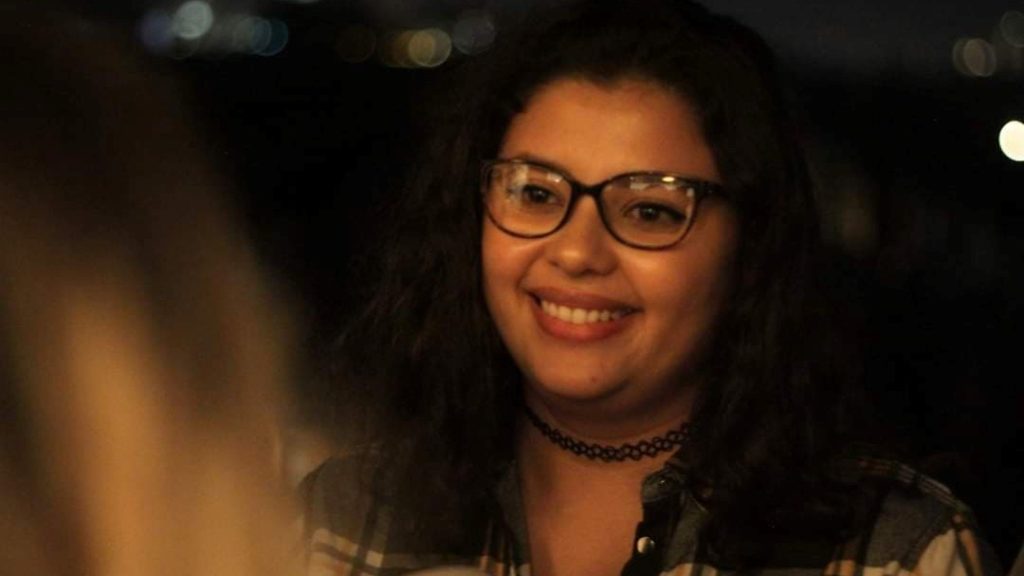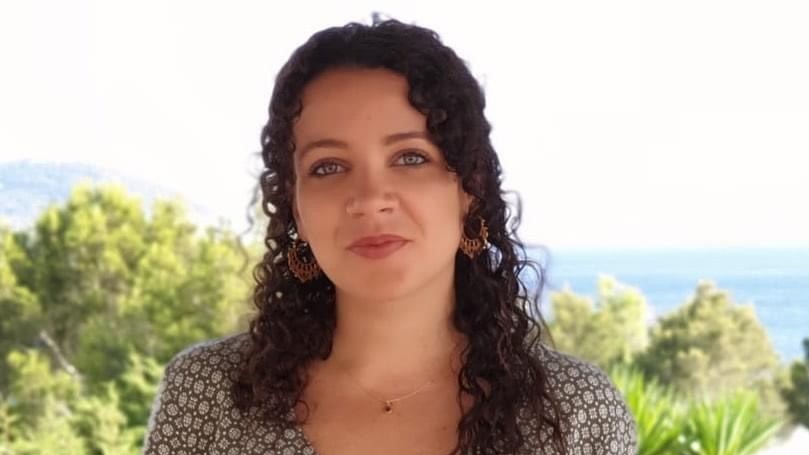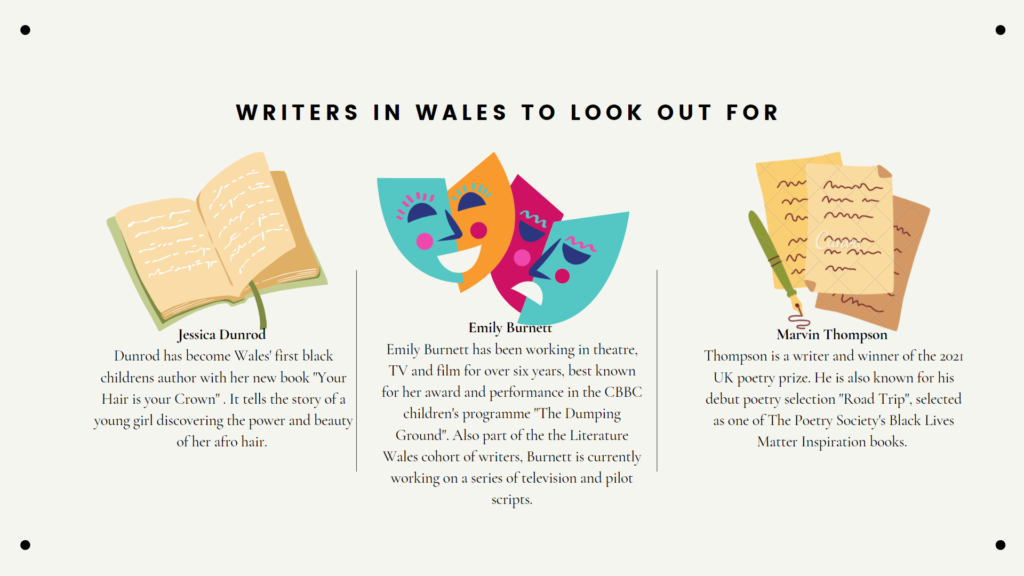A new writer development programme aims to support and promote Wales’ most exciting writers of colour. We explored what it’s like for underrepresented writers attempting to make it in the industry.

The moment the words filled her ears, Nia knew the power of her craft.
They weren’t spoken aloud by her anymore, but brought to life by an actor, dramatic music and sound effects. This story, which she had spent months crafting and re-writing alone in her bedroom, was finally being heard by an audience of hundreds of people.
Nia Morais’ Welsh-language audio drama Crafangau, was her playwriting debut for Cardiff’s Sherman Theatre. Since, she has become one of Wales’ most promising young writers.
Having already mastered the skill of writing poetry, short stories and playwriting, the 25-year-old has earned herself a place on Literature Wales’ new writers’ development programme Representing Wales, which aims to help support and promote writers from black, asian and minority ethnic backgrounds across the country.
But, despite her recent success, Morais confesses to have experienced numerous knockbacks since entering the professional writing sphere. “I started submitting to international journals and things like that, and then got really disheartened when I didn’t get anything published,” she said.

Taking inspiration from her upbringing in Cardiff and her Welsh Cape Verdean heritage, Morais is unafraid of intertwining themes of diversity, identity, survival and racism throughout her work. “I write a lot about being bilingual and mixed race,” she says, “the weird tensions that rise up, and being unsure about your own identity.”
Her audio drama Crafangau is a prime example of this, which tells the story of a young girl called Mason who struggles to live up to the white beauty standards that her grandmother enforces on her.
In search of other fellow writers attempting to break through the publishing world’s hard exterior, Morais began to find her feet after joining the Cardiff-based open mic collective, Where I’m Coming From. Set up by writers Hassan Issa and Durre Shahwar, the group aims to promote and create a creative community for underrepresented writers in Wales.
“Where I’m Coming From is really important for Cardiff. I felt like they definitely helped me along with getting my name out there,” said Morais, “I applied to be in one of their virtual open mics, and it was a really supportive kind of environment and I really enjoyed it. The audience were really cool and encouraging, so I feel like that definitely gave me a boost in my confidence.”
According to team member and up-and coming writer, Taylor Edmonds, the group was created in response to a lack of safe spaces and open mics for writers of colour in the Welsh capital.
“Where I’m Coming From has always had a strong sense of community, I’ve met many friends there who have been an integral part to helping me find my feet in the creative scene in Wales,” says Edmonds, “sharing your work can be a vulnerable experience and it’s rare to find a space where everyone feels supported and able to just show up as they are.”
The collective has seen a number of its writers see success, with its founder Hassan Issa’s work being widely published on platforms such as BBC Wales and Poetry Wales, and Taylor Edmonds having been recently nominated as the poet in residence for the Future Generations Commissioner for Wales.

Although diversity schemes have become more commonplace for underrepresented writers to get a foot in the publishing door, Morais still feels more needs to be done to create true diversity and representation in Welsh literature.
She said: “I think it’s good there are more and more diverse writers cropping up all over Wales and that we’re getting more diversity in general.
“But what inspired me to apply for the (Representing Wales) programme was not just for getting better as a writer, but also because I just happened to have read a lot of books for children over the past year, and I kind of felt like children’s literature was still not really very diverse. It’s all quite old fashioned.”
In response to this, the young writer hopes to use the 12 month literary programme to hone her craft in long-form fiction, writing novellas and novels for young people.

Morais said: “What I liked about the Literature Wales programme was that it seems really genuine and that they genuinely want to help you through 12 months of going wherever you want to go and you get to be at the helm and put your name out there.
“I’ve seen quite a few other schemes for marginalised writers and I think that’s really good, but as to whether they will have lasting effects I think the best thing we can do is to just stay optimistic.”
In her new role as poet in residence for the Future Generations Commissioner, Edmonds also hopes to make a difference using the power of writing and literature, encouraging other writers to find confidence in themselves.
“I want to create work that’s hopeful, with a focus on joy and empowerment for Welsh communities,” she said. “Your voice and your perspective is important and necessary, and your voice deserves to be heard.”
